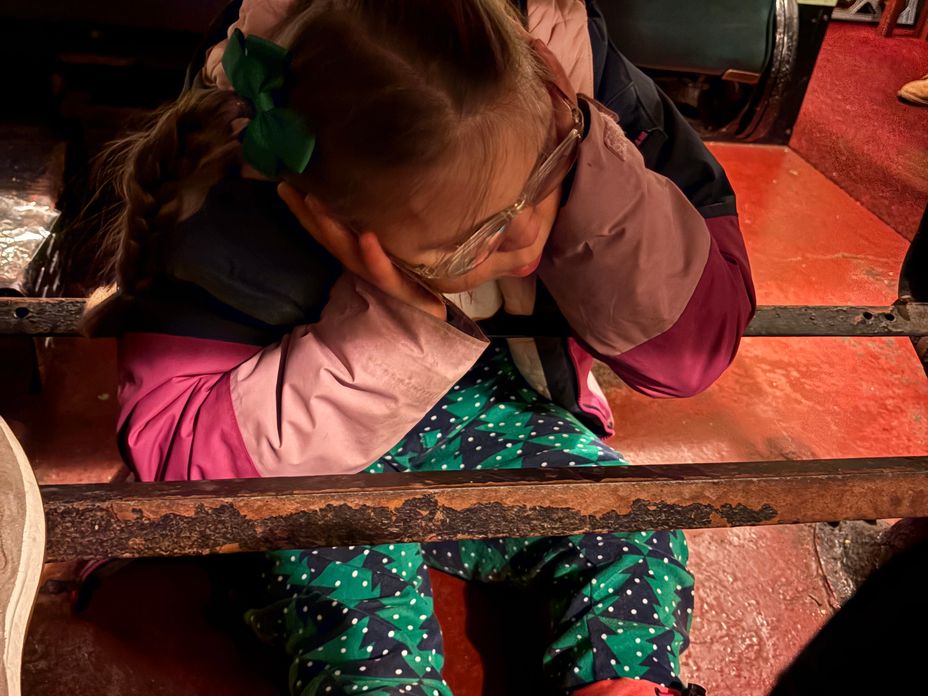The Loneliness of the Observant: Navigating Social Dynamics
I’ve always been a very intuitive and observant person. I’m the one who notices a jaw tighten or an eye roll before anyone utters a word. The one who can feel the underlying tension in a conversation. I notice how a room rearranges itself when a certain person walks in. I can tell who is withdrawing, who is performing, and who is barely holding it together. For a long time, I believed this was merely empathy, but what no one tells you is just how lonely it can feel.
Being observant has taught me I’m more aware of things that other people aren’t. I can see dynamics unfolding in real time. I can pick up on shifts in tone, gestures, body language, pauses, and glances. My mind is always scanning, always interpreting. Sometimes, I feel like I’m the only one who can decipher people’s intentions. I’m like an owl—silent, observant, watching everything unfold while the rest of the room barely notices.
The loneliness starts to sink in when you realize that while you’re constantly reading others, very few people are reading you.
I recently went to a gathering with a group of friends. Everyone was having a great time—socializing over a few brews, laughing at nearly every moment, drifting into stories and random deep conversations about life. The energy was high, like connection was happening with minimal effort.
Meanwhile, I was sitting there in plain view, quietly wondering why I always seem to be the quiet one. Why I can’t jump into conversations with ease. Why I hesitate even when I want to speak.
When someone did turn to me, I would laugh along, offer a quick thought, share a comment or two, and then suddenly, I’d stall. I never knew how to continue. My mind would draw blanks and race at the same time. I was thinking about everything and nothing all at once. The flow of conversation felt natural to everyone else, but to me it felt hurried and muddled.
All I ever want in those moments is to feel included. To feel like I belong in the flow of it. But somehow I get in my own way. My observant nature tells me to steer clear of saying too much because I know I might not be able to follow it up with anything substantial. So instead, I do what I’ve always done. I sit back and watch.
I notice the way certain personalities are loud and boisterous. Some people begin to fall off the social wagon yet continue to push through the moment anyway. That same feeling surfaces in me too, but like the others, I choose not to leave. Instead, I stay—monitoring, absorbing everything around me.
For me, I notice the joy in others too. The way that people’s eyes light up when they feel heard. The love, the tension, the flickers of conflict in passing glances. Every moment registers, and it makes me intensely hyper-aware. And in that hyper-awareness, I feel both connected and strangely invisible at the same time.
This is the paradox of being the observant one. I can understand why someone snaps, even if they hurt you. I see the wound beneath the behavior. Understanding becomes instinct. But understanding doesn’t erase impact, and it doesn’t replace being cared for.
Sometimes I wonder what it would feel like to not be the emotional translator. To not feel responsible for maintaining the peace. To not constantly measure my words against other people’s.
I think that this hyper-awareness is self-protection. Watching before speaking. Adjusting before reacting. It can look like emotional intelligence and maturity. But often, it’s just me trying to stay safe. And staying safe by monitoring everything is truly exhausting.
Still, I don’t want to lose this part of myself. My sensitivity, my awareness, my invisible strength all carry me through life. I certainly don’t want it to cost me connection, and I don’t want to be the only person paying attention.
I want to be noticed too. Not analyzed or managed but seen and heard. The way I clearly see others. I want someone to recognize when I’ve gone quiet and understand that it doesn’t mean I have nothing to say. I want someone to sense a transition in me the way I sense it in them.
Maybe one day I can simply exist in a room without tracking every movement. And maybe, in the right spaces, someone will be paying attention back. Not because I asked them to. But because they see me.
When you find yourself observing a room instead of participating, what thoughts or feelings usually hold you back from speaking?
“We do not see things as they are, we see them as we are.” — Anaïs Nin








